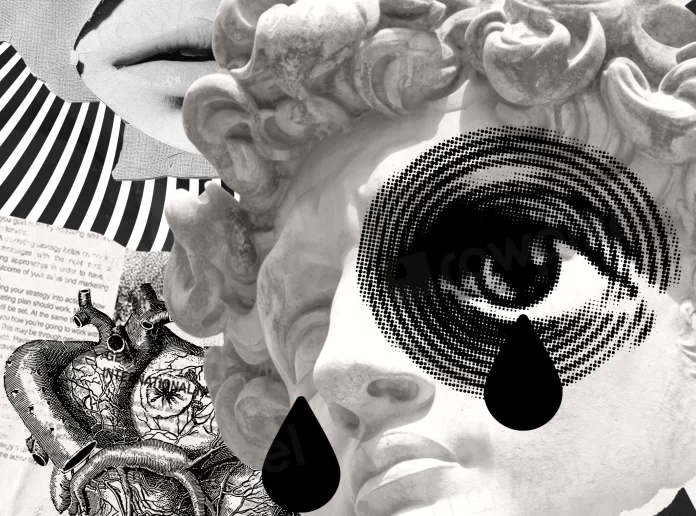Human beings have intricate behaviours, feelings, thought patterns, personalities, and much, much more. There are experiences that tie us all together, like what it’s like to feel sad, happy, or angry — this is common knowledge. Yet, there’s a specific feeling I am certain we’ve all experienced to some degree at some point of our lives, but not everyone may recognize.
I’m talking about anxiety: our body’s natural response to stressors. It’s normal to feel anxious about trying something new, meeting deadlines, or getting new responsibilities. However, it’s when that anxiety doesn’t go away, instead interfering with one’s ability to act, that the problem begins. Have you ever found yourself avoiding the one thing that brings that anxious feeling to your chest? If your answer is yes, then you might be caught in the cycle of anxiety.
In my experience, the first step toward eradicating any undesired behaviour is to learn more about it. The cycle of anxiety refers to the strong feeling of fear a person might feel when faced with a certain situation, and how when attempting to cope with that intense feeling, one avoids dealing with the situation entirely.
Typically, the cycle consists of four stages. First is anxiety: when anxiety is triggered, the natural response is to try to deal with the discomfort. Second is avoidance: one might find a sort of distraction, a way to stop the feeling temporarily. Third is relief: avoiding the anxiety trigger eases the discomfort for a while. Fourth is intensification: when presented with the anxiety trigger, the fear response is heightened because it was not properly dealt with before. The more one postpones or avoids dealing with the cause of their anxiety, the stronger it tends to become, because you teach your brain that avoidance leads to feeling better. The only way to break the cycle is to address your triggers.
One thing that helps me keep my feet on the ground when I start to feel anxious is to remember that it’s normal to feel that way when faced with the unknown. To me, this can take the form of any situation that I don’t have certainty of. I’ve learned that there are very few certainties in life, but that’s not a bad thing. I know for sure that the sun will rise tomorrow, and I know for sure that life is not eternal — keeping these concepts in mind helps me remember that I should let go of anything that I do not know for certain.
Sometimes I catch myself worrying about things that are beyond me; like what others do or think, or problems that are not even happening yet and exist only in my mind. The reason I call it the unknown is because no one really knows what is going to happen beyond their own person in the present moment. No one can see the future, so no one knows what the absolute best way to take care of something is. To me, all that matters is that I do my best, since it’s the best way that I can deal with anything. And for everything else? I let it flow. I don’t know what will happen for certain because I can’t see the future or control external factors. I can only control what happens within my person in the present, and that’s okay. As long as I stick to doing my best, I’m good to go.
The main thing is to identify what triggers your anxiety, and have the courage to question it, so that you may understand and overcome it. It took me a long time to understand where a lot of my anxiety was coming from, and every time it was triggered, I ran as far away from it as I could. This only made the negative response stronger, until I addressed it directly. Everyone’s triggers are different, and everyone’s anxiety response is unique as well. Take the time to understand how this looks for you — a great place to start is to identify which stage of the cycle you are in, and analyze how you got there and how you feel about it. I believe that by practicing this over time, there’s a good chance you’ll get better at overcoming the cycle of anxiety. You can do this!


